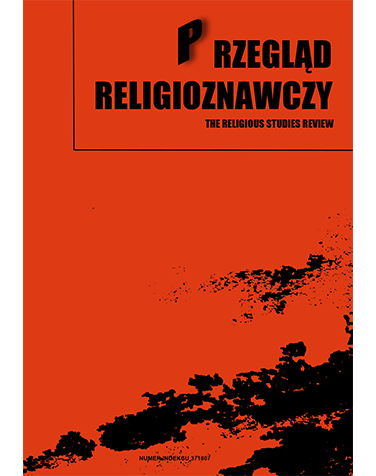Przewidywanie przyszłości w religii germańskiej
Słowa kluczowe:
prophetism, divination, germanic mythology and ritualsAbstrakt
The article discusses Germanic ideas and terminology about fate and predicting the future. The problem of prophetism in the history of the Germans is defined by two stages. The first is the “axial age” according to K. Jaspers. This is the time when the prophets known from the Old Testament begin their activity, when philosophy is born in Greece, and the question of fate and destiny matures among the “barbarian” peoples. The Germanic tribes used the achievements of the Celts in this regard. The ancient texts concerning the Germans speak mainly of divination, divinatory techniques. They are a typical interpretatio romana. The Germans did not know the beliefs related to the prophetic message or Providence. The second stage is Christian inspiration. Medieval records contain data on the relics of old epochs in the beliefs of the Germans. They talk about the gradual orientation of their divination interests towards the recognition of the judgments of Providence. This information is initially steeped in pagan heritage. Separating aspects of spirituality that knows prophetic institutions from pre-literate faith that trusts in divination is very complicated. In order to avoid the error of interpretatio christiana, one must carefully analyze the messages from the period of pagan conversion. Medieval information can then be useful to develop a model of providia specific to the ancient Germans.
Pobrania
Opublikowane
Numer
Dział
Licencja

Utwór dostępny jest na licencji Creative Commons Uznanie autorstwa – Na tych samych warunkach 4.0 Miedzynarodowe.







